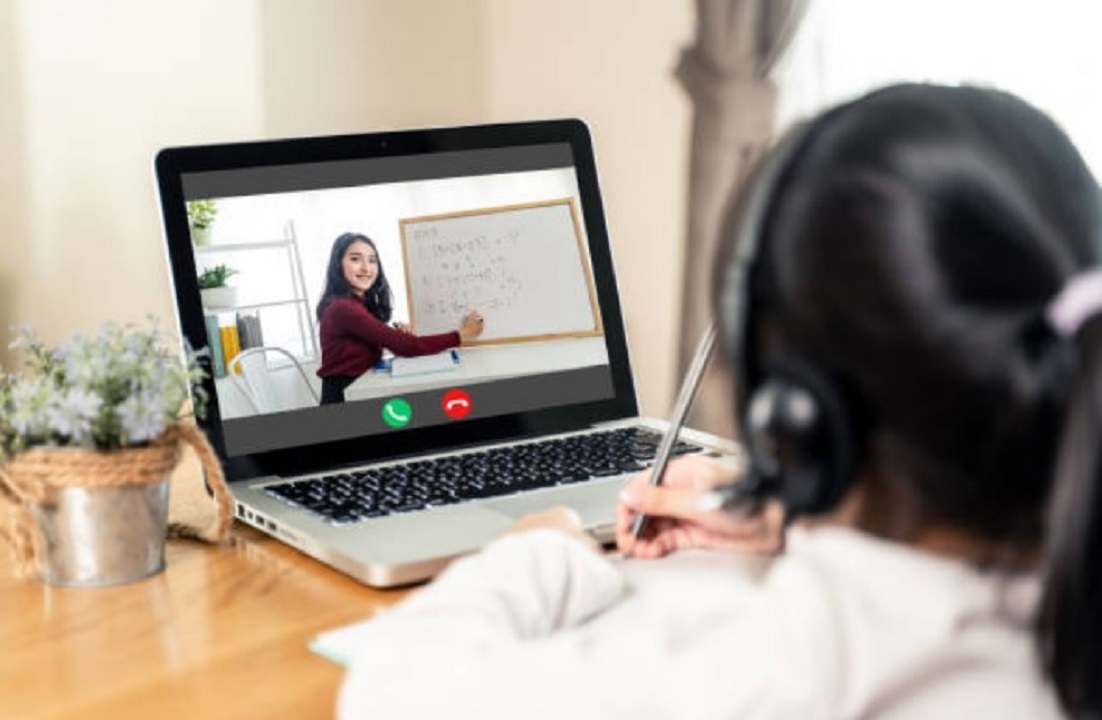The Philippines ranked among the lowest countries in the 2018 Programme for Student Assessment test in 2018, and a group of global Filipina leaders have kicked-off a series that aims to address this problem by empowering teachers, especially in this age of online learning.
Kaisipan, Inc, a not-for-profit corporation registered in Florida, US was launched with a mission to transform learning and teaching through digital education technology.
“Kaisipan is a response to the fact that the Philippines scored lowest in the Programme for Student Assessment (PISA) test in 2018 and to DEPEd’s Sulong Edukalidad objective of achieving quality in Philippine basic education, and specifically QUALITY of the Filipino students’ learning outcomes,” said Dr. Maria Beebe, president of Kaisipan.
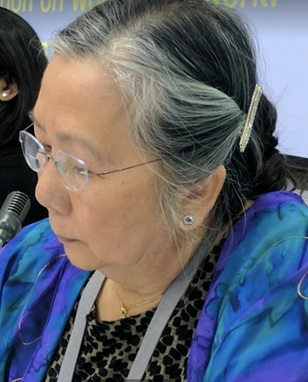
The social enterprise gives back to the community through a knowledge-sharing platform that helps teachers adjust to the new normal in educating children safely with quality education as its top priority.
“Our mission will contribute to sustainable development goal 4: To ensure inclusive and equitable quality education and promote lifelong learning opportunities for all by 2030,” added Dr. Beebe.
Empowering Teachers
Kaisipan kicked off a series of webinars in the past month that focus on learner-centered training modules for teachers on a three-pronged approach that complements the current curriculum of the Department of Education.
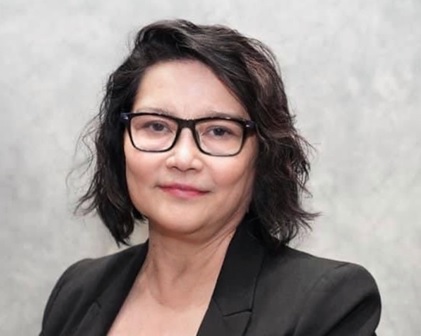
Dr. Lilia R. Juele, vice president of KaISIPanDr. Lilia R. Juele, Kaisipan’s vice president, shared extensive details on Designing and Teaching Online Courses with several topics that dwell on instructional design models, online course design, and theories. These aim to help educators learn how to create structured courses that would keep their students engaged while learning online.
Dr. Juele also led the ‘Reframing Traditional Face-to-Face to Virtual/Remote Teaching Synchronously’ webinar that would help teachers learn tips on how to transform traditional teaching tools such as lesson plans and learning outcomes to instructional practices that can keep students and learners engaged.
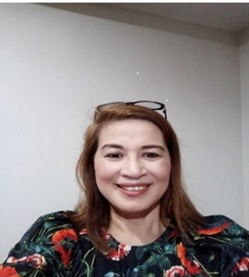
Maria Elena “Malen” Mendoza and her team from moodLearning provided a demonstration of the features of a Learning Management System (LMS). moodLearning made available a self-paced tutorial that can be completed in 6 hours.
“moodLearning specializes in corporate training, providing organisations with custom LMS and elearning packages tailored to meet specific business goals,” said Mendoza whose moodLearning, Inc., is a Kaisipan partner organization that will provide access to a learning management system via kaisipan.blearn.co.
Digital Literacy
With a mission to promote digital literacy for all Filipino educators, Kaisipan likewise aims to develop a comprehensive digital literacy competency framework for educators to help all learners and students be more competent in the changing landscape of learning and development.
“Kaisipan defines digital literacy as the set of cognitive, technical, and humanizing capabilities to use information and communication technologies (ICTs) to learn, create, and share,” explained Dr. Beebe.
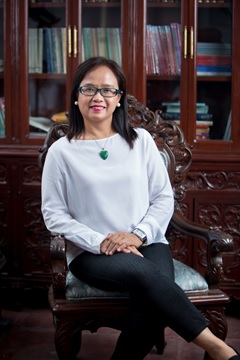
Niña Maria Belizar-Estudillo, a Kaisipan fellow led the Kaisipan eforum on Building a Digital Literacy Competency Framework for Educators.
“The aim of the eforum for its participants to explain the concepts and principles of digital literacy, capabilities, and competencies; provide an analysis of 3 frameworks vis-à-vis the iLEARN, iCREATE and iSHARE competency framework on digital literacy for educators, and; suggest ideas in terms of competencies according to iLEARN, iCREATE and iSHARE competency categories,” said Belizar-Estudillo.
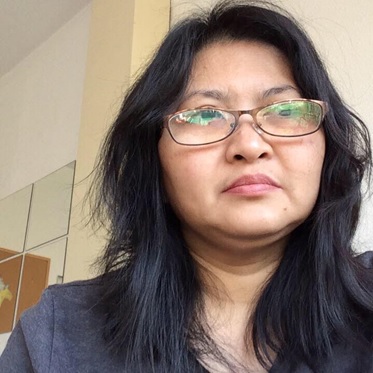
Learning together
Toni Torres, Board Secretary and de-facto program officer shared the reactions of a Filipina teacher based in Maputo, Mozambique. “Thank you once again for hosting the event. It was indeed very relevant and much appreciated. I hope to join more events in the future and also to access the Kaisipan Box and the One Tab for K-2. They will surely help my teachers and learners here in Africa. Mabuhay to all Kaisipan officers and members! You are a beacon of inspiration and guidance in this time of uncertainty.”
“Next step for our training events,” according to Dr. Beebe “is to have an illustrative menu of webinars that could be stacked into modules and into courses so instructors can earn continuing education credits from their institutions. These training events will focus on the design, delivery, and assessment of online/digital/virtual/blended modules/courses.”
Dr. Beebe continued that “Alongside these training events, we will have a series of short two hour dalubhasa/dalubguro guest lectures by inviting experts from the Philippines and the Philippine diaspora to do a 30 minute presentation and do a Q&A with students/learners, for example, music composition for film scoring, project-based learning for global collaborations, civic online reasoning, etc.” Finally, Dr. Beebe suggested that Kaisipan is beneficial for children left behind and for overseas Filipino teachers who are having to cope with the teaching requirements of the new normal.
“We invite Filipinos in the diaspora to be part of this giving back initiative, be part of the solution that helps their home barrios, and be proactive in sharing your expertise in transforming teaching and learning.”
